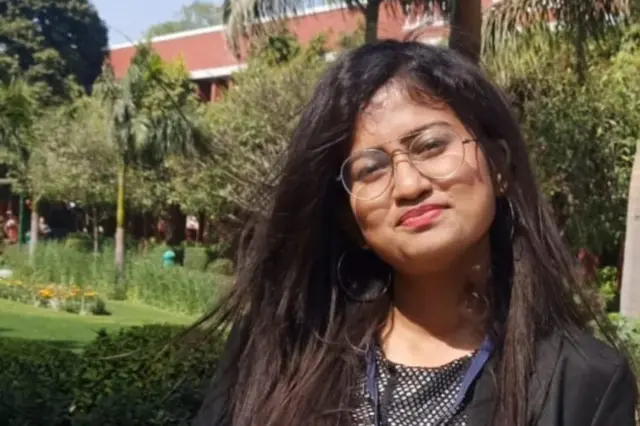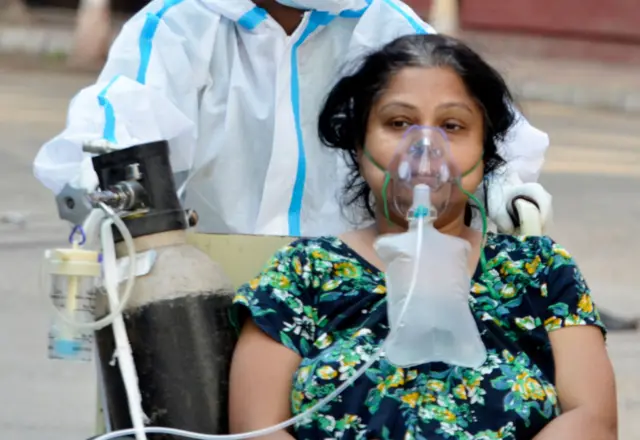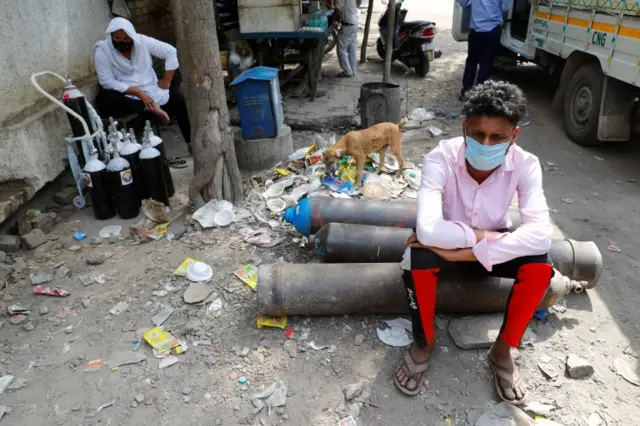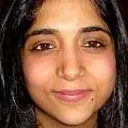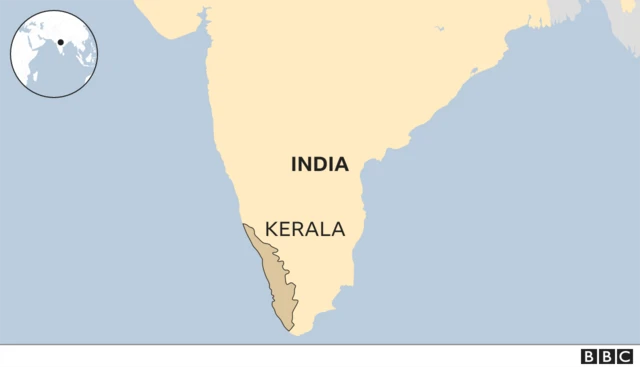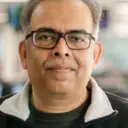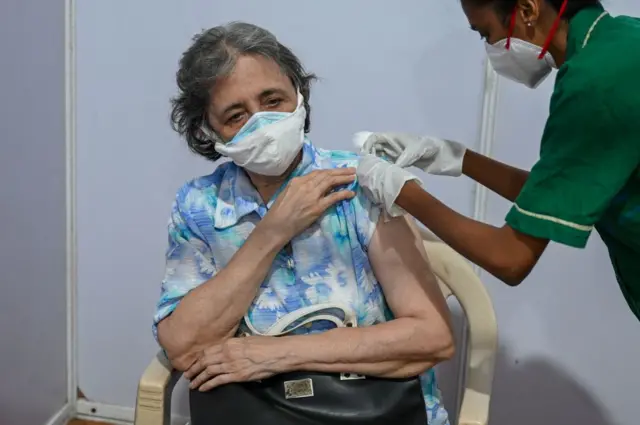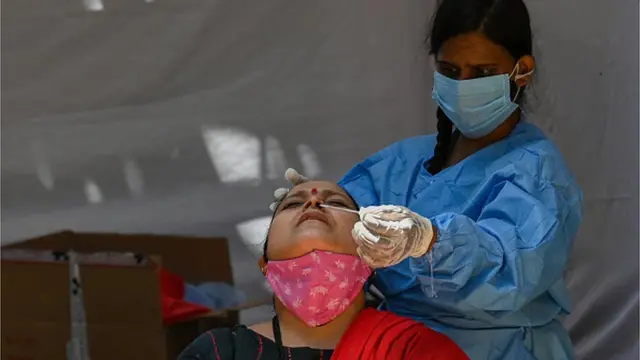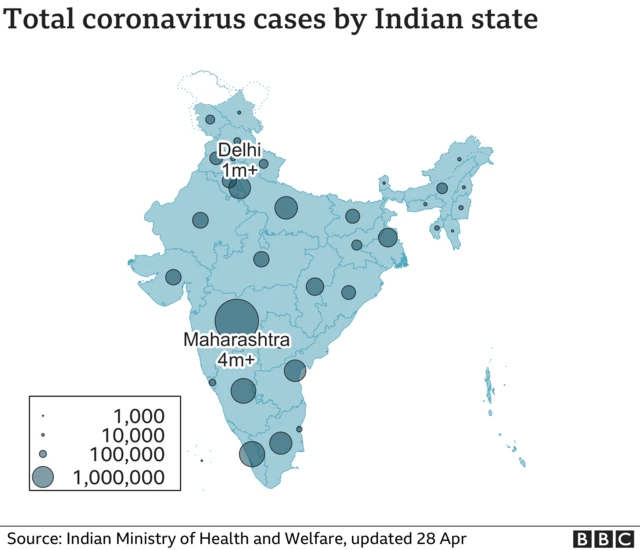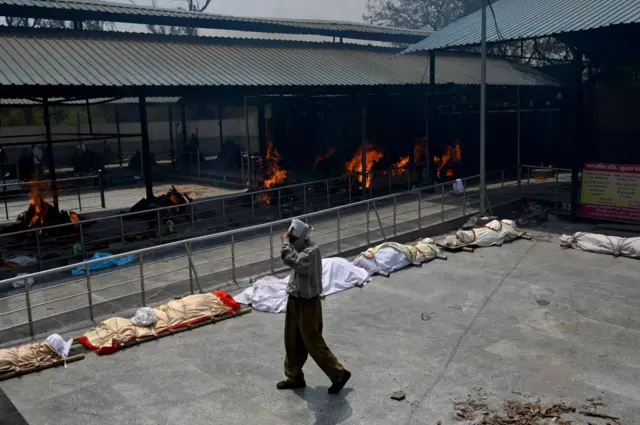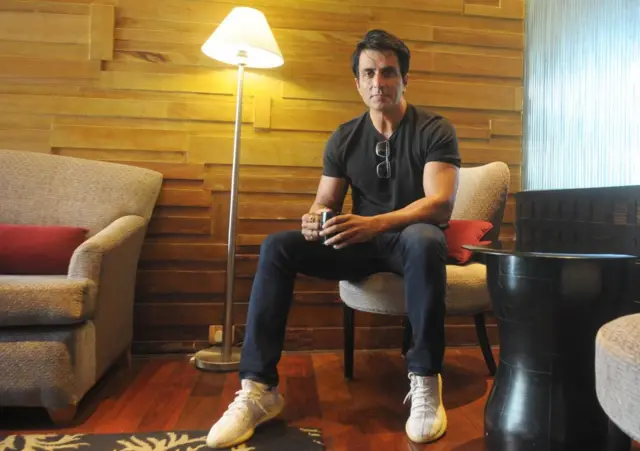
How is the Indian government addressing the crisis? When do we expect to see it coming under control?published at 14:19 BST 28 April 2021
Question from Sri in US
 Yogita Limaye
Yogita Limaye
BBC India correspondent
The prime minister said he held three meetings on Tuesday to discuss ways to scale up oxygen capacities and medical infrastructure. Trains and military aircraft are being pressed into action to speed up transport of oxygen supplies.
But on the ground, this is not reaching people in desperate need.
In Delhi, there are centralised helpline numbers which people have been asked to call if they need a hospital bed. But in reality, it is next to impossible to get a hospital bed in the city because facilities are so overrun.
People are angry. When we’ve met families of Covid patients, they’ve been asking, "Where is the government? What is it doing?"
Many are asking why the military and disaster response teams have not been pulled in to build field hospitals on a war footing.
There is a sense of abandonment in the country, of people being left to fend for themselves.
